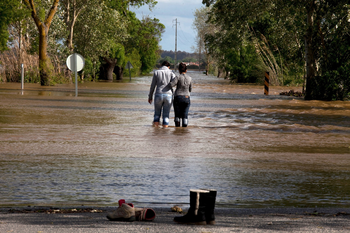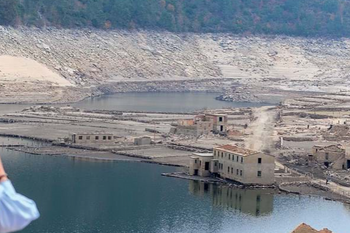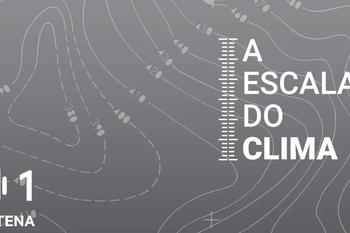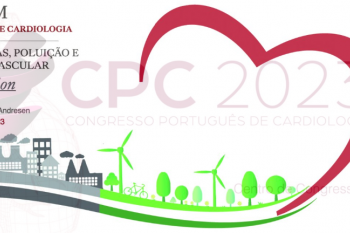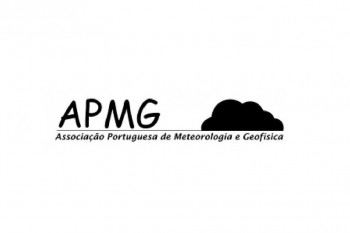News
The latest report from the Intergovernmental Panel on Climate Change (IPCC) confirms how “unambiguous” is the human hand behind the climate crisis and what the scenarios are in terms of global impacts depending on rising global temperatures. Extreme weather events, which include heavy rains that flood streets and houses at a glance, as well as bad weather, in addition with spring tides and the rise in mean sea level, accentuate coastal overtopping and loss of territory, or heat waves that increase in early mortality, among other phenomena, are knocking on our door. And will Portugal — which this week was under “orange” and “yellow” warnings in practically all districts — adapting at the right speed?
The Minister of the Environment attends this Thursday, in Figueira da Foz, the presentation of the results of the “Feasibility study of the alluvial transposition of Barras de Aveiro and Figueira da Foz”.
This is a Bypass system that seeks to ensure the transposition of sediments.
The 1st ADCOM, Adaptation Communication on Climate Change that Portugal submitted to the Convention is published on the UNFCCC portal.
This Communication on Adaptation presents a transversal approach to the matters that comprise it, while maintaining communicative clarity with its target audiences, having as basic annexes the National Strategy for Climate Change Adaptation and the Adaptation to Climate Change Action Programme.
The latest months have been full of reports attesting to the already present effects of climate change.
At the national level, the latest State of the Environment Report shows that Portugal is an increasingly hot and dry country. The year 2020 was the 49th hottest in the last 90 years and the country suffers from increasing water scarcity, as it was evident this winter.
Five dams have suspended electricity production, as a result of the drought situation and consequently minimum historical storage levels. Suspension measures may extend for some time and, in the limit, until further notice, up to end of the hydrological year, if the situation continues. Drought that Portugal is experiencing may lead to measures to restrict the use of water for various less essential activities.
On the 7th of December was presented the status report of the Assessment Study on Present and Future Water Availability and Application of the WEI+ scarcity index, a partnership between academia and national experts.
Among its main effects is an increase in global average temperature and in the frequency and intensity of extreme climate events, such as floods and droughts.
Professor Filipe Duarte Santos invited Pedro Matos Soares to participate in its program «Escala do Clima», on Rádio Observador/Antena 1, on May 5th, 2022, where the impact of Climate Change in Portugal and in the world was addressed, exemplifying the last extreme heat event in India and Pakistan, which tests the threshold of human survival. It was discussed the National Roadmap for Adaptation (RNA2100) and its contribution to Portugal.
It was highlighted the National Roadmap for Adaptation (RNA2100) – financed by the EEA Grants, promoted by the Portuguese Environment Agency (APA), in partnership with Banco de Portugal (BdP), Directorate-General for Territory (DGT), Faculty of Sciences from the University of Lisbon (FCUL), Portuguese Institute for Sea and Atmosphere (IPMA) and the Norwegian Directorate for Civil Protection (DSB) - and the need to adapt territories to Climate Change, including waste management and water resources. Professor Filipe Duarte Santos says that, until the date of this interview, it had only rained half of what would be expected.
The Forum of the Portuguese Society of Cardiology (SPC) 2023 was held on February 10, 2023 under the theme Climate Change, Pollution and Cardiovascular Disease.
The 12th Symposium on Meteorology and Geophysics of the Portuguese Association of Meteorology and Geophysics (APMG) took place from March 20 to 22, 2023, at IPMA, Lisbon, where FCUL presented some works from the National Roadmap for Adaptation 2100 project.
The first sectorial workshop of the RNA 2100 project took place at the premises of the General Secretariat for the Environment, on the morning of May 4, 2023.

